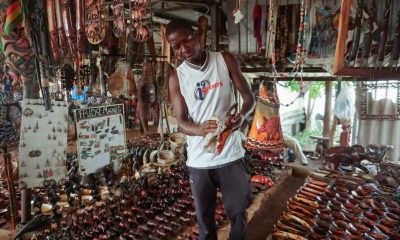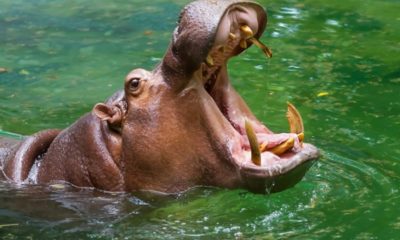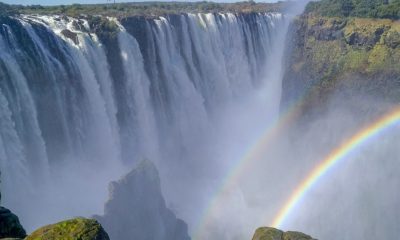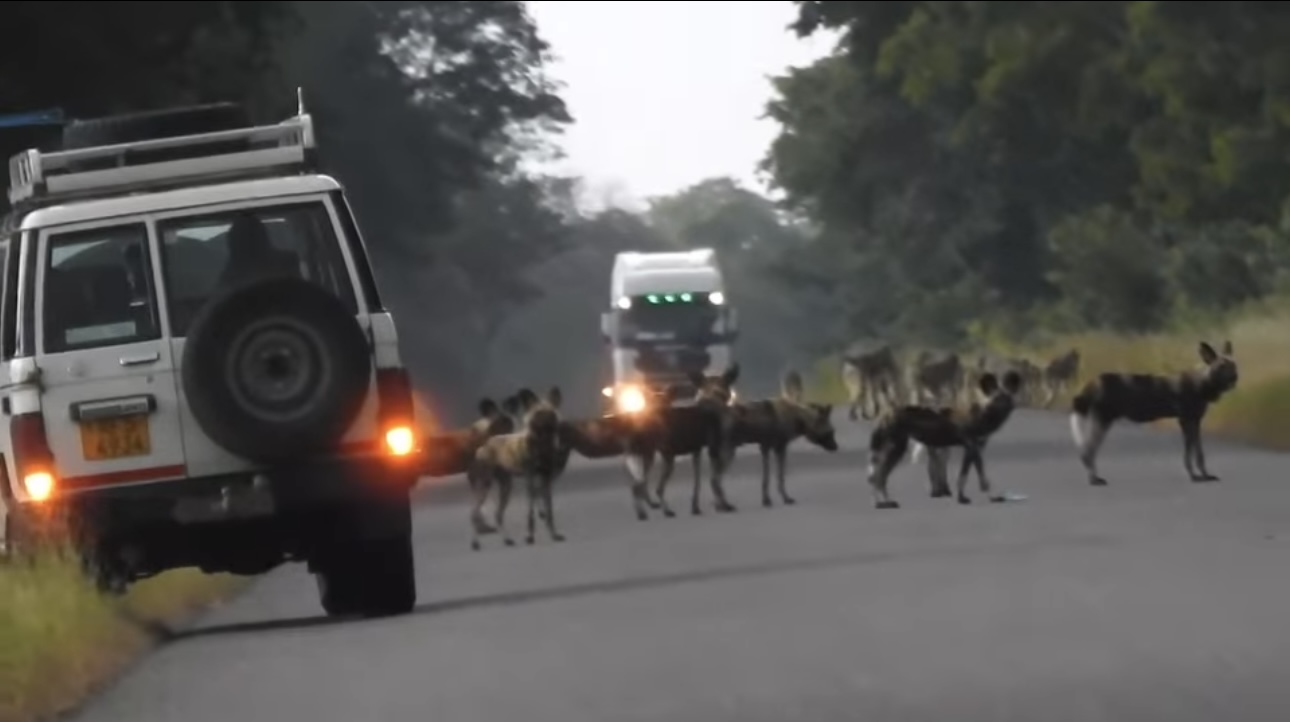DUBAI – Batoka Hospitality, a luxury ecotourism and community development group, is preparing to open the doors of its magical Zambezi Sands River Lodge, offering visitors five-star luxury in the heart of Zimbabwe’s rich natural landscape.
Just one hour from the magnificent Victoria Falls, the newly renovated resort is nestled in the stunning western end of Zambezi National Park and offers guests unrivalled luxury in one of the world’s most breathtaking natural settings.
As the first black female-owned Safari Lodge in Africa, Batoka Hospitality is reinventing the way the world views African hospitality.
“We are empowering the African dream of success through ecotourism and hospitality,” said Vimbai Masiyiwa, executive director of Batoka Hospitality.
“At Batoka, people come first: whether it is our staff, our guests or the community surrounding us.
“As much as we enrich the lives of our guests through a truly authentic African experience, we want to create self-sustaining villages and economic growth for the communities around us.”
The opening of the property will coincide with the launch of Tesse Fund.
The fund will be financed by 10 percent of the revenue made from each guest stay.
The purpose of the fund is for staff members within the Batoka Hospitality family to come up with projects that benefit their local community.
The destination’s 10 beautiful tented suites have been redesigned by renowned South African interior designer Yvonne O’Brien, known for creations which are understated, personal and quietly refined.
Each of the suites has a private plunge pool and spectacular views of the Zambezi River.
For GCC travellers, a two-bedroom suite, complete with private swimming pool, lounge and dining room and deck will be available for those desiring more privacy and an opulent home away from home experience.
The natural materials and tones O’Brien and her team have brought to the Batoka Zambezi Sands River Lodge blend seamlessly into the Victoria Falls landscape, where breathtaking vistas greet guests from every suite.
Bedrooms are styled as large African style tents offering exceptional views from the huge veranda to the soundtrack of the area’s magical wildlife.
The boardwalks that interlink each tent with the main dining area and bar offer protection from wandering hippos who often spend at least part of the night feeding in and around the camp.
The lodge’s elegant bar, lounge and dining area sit above the river, the stilted structure surrounded by the area’s lush wild landscapes.
Decorated with stylish teak furniture, wooden flooring, pewter ornaments and leather chairs and sofas, it is quintessential African meets luxury.
Outside, an expansive deck has dining tables and a sunken fire pit where pre dinner drinks are the order of the day.
More than just a safari destination, Zambezi Sands River Lodge offers guests an array of activities without even leaving the estate. In addition to the resort’s spa and fitness centre, guests can enjoy a wide range of activities which include game drives along the river and inland, game walks with an experienced professional guide and day or sunset river boat cruises.
In 2020 Batoka Hospitality acquired 100% ownership of the former Zambezi Sands River Camp and its sister attraction, the Gorges Lodge.
Sustainability and local employment are at the heart of the resort’s mission, enabling guests to experience true African culture and hospitality with as little harm to the environment as is possible. – TradeArabia News Service

 Slider3 years ago
Slider3 years ago
 National4 years ago
National4 years ago
 Tourism and Environment4 years ago
Tourism and Environment4 years ago
 Special reports4 years ago
Special reports4 years ago
 Opinion4 years ago
Opinion4 years ago
 National4 years ago
National4 years ago
 National3 years ago
National3 years ago
 National3 years ago
National3 years ago
















